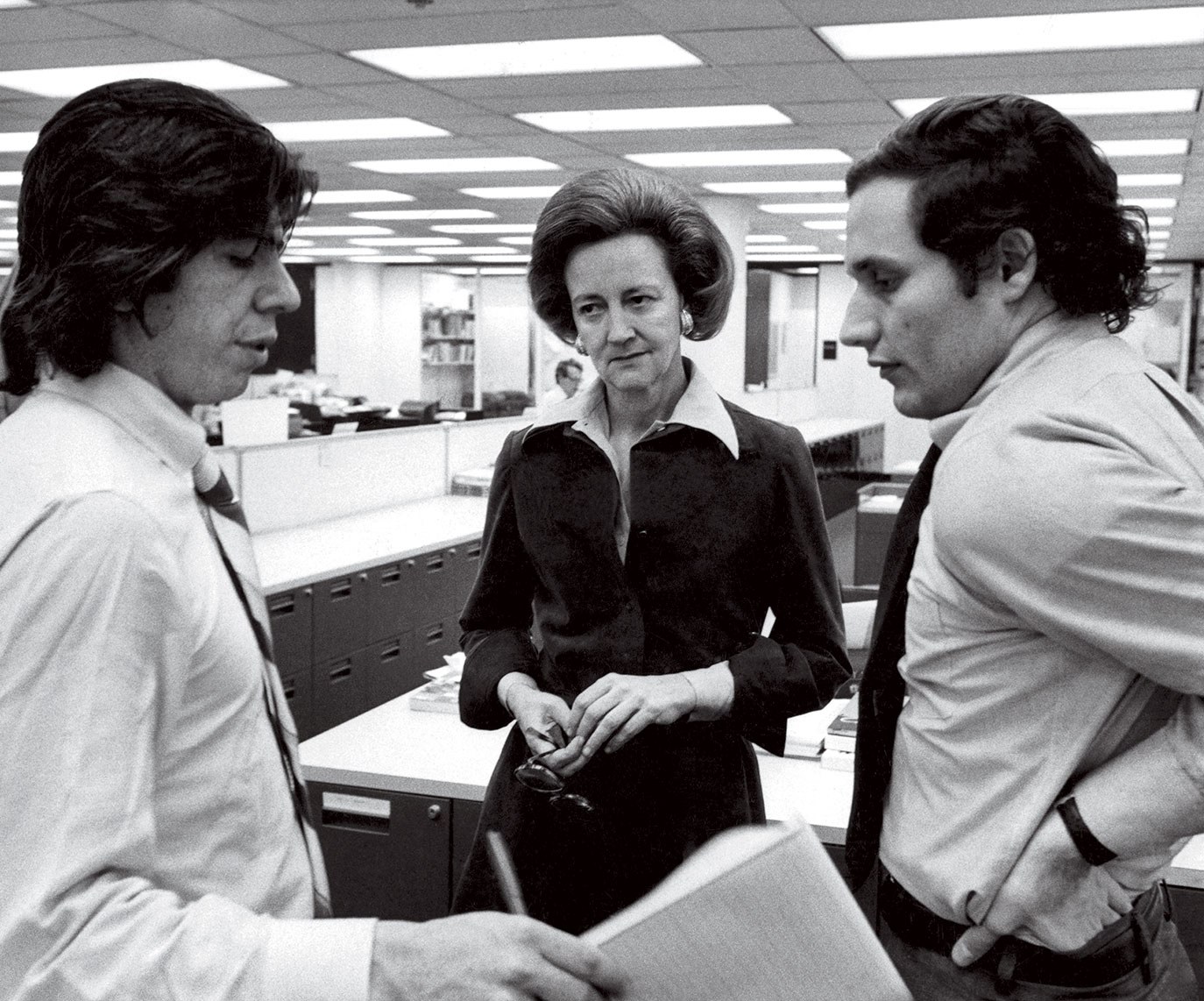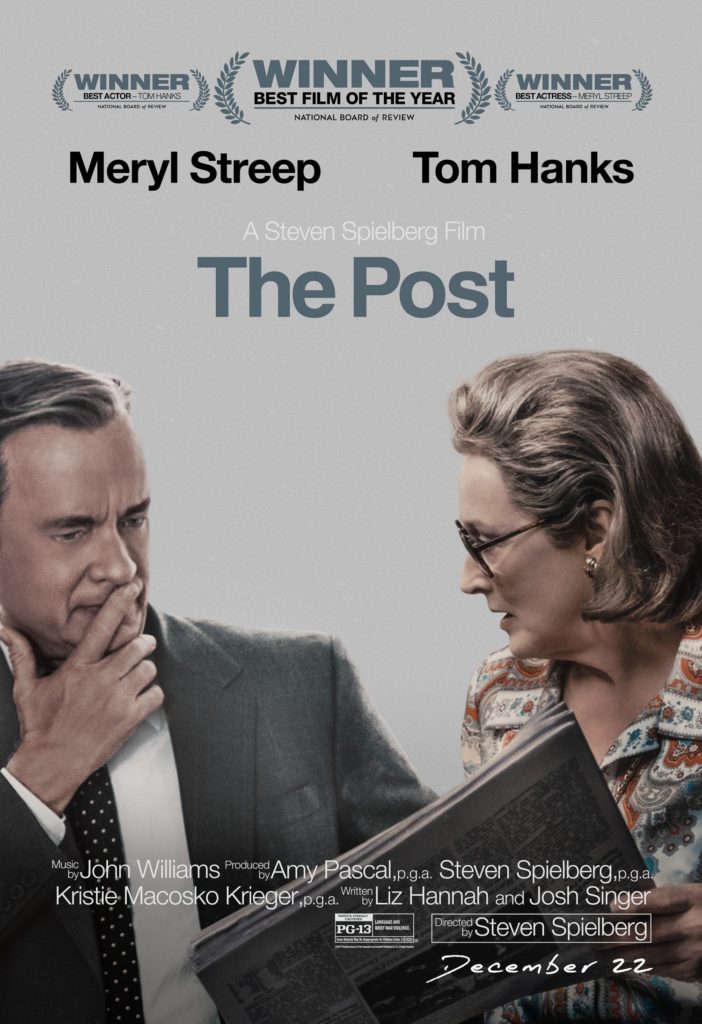Women in Business: Your Experience Strengthens Decision-Making

Center: Kathrine Graham, CEO of The Washington Post. Photo: Mark Godfrey, The Image Works
I’m so glad I finally got to see the movie The Post starring Meryl Streep and Tom Hanks. The movie dramatizes the The Washington Post newspaper’s 1971 decision to publish portions of a top-secret study called The Pentagon Papers. The Pentagon Papers were a U.S. Department of Defense study about the country’s political and military involvement in Vietnam, which revealed awful truths about government coverups during the war.
The historic and risky legal decision to publish excerpts of the papers, or not, rested with Katherine Graham, the publisher of The Washington Post and America’s first female CEO of a Fortune 500 company.
My two biggest takeaways from the movie echoed what my business experiences have shown me: 1) The experiences and perspectives of women uniquely influence decision-making, and 2) Diverse teams make better decisions – decisions made jointly by women and men are better than those made by either gender acting alone.
The experiences and perspectives of women uniquely influence decision-making. Diverse teams make better decisions – decisions made jointly by women and men are better than those made by either gender acting alone.
In the movie, a short, fleeting scene made an indelible impression on me. Kathrine Graham (played by Meryl Streep) confronts her friend, Robert McNamara, who was the U.S. Secretary of Defense until 1968, and the person who commissioned The Pentagon Papers. She asks him how he could have let her send her son and so many other sons to war when he knew the real situation on the ground in Vietnam.
Graham ultimately makes the decision to publish and share the government coverup with the public despite her inexperience as a leader (but not to the extent the movie portrays). In doing so, she risked the shut down of The Washington Post during its IPO (initial public offering) and the possibility that she could be personally criminally charged for revealing classified government documents.
In the movie we see Graham go from self-doubt – unsure of herself as a leader and largely reliant on the direction of men who work for her and others who advise her – to being confident and decisive. She steps in to her power and leadership role when she lets her experiences, values, and the lives of thousands of Americans guide her.

Throughout the movie, Ben Bradlee, the hard-charging executive editor of The Washington Post (played by Tom Hanks) strongly advocates and pushes Graham and the Post’s attorneys to publish. While he stands for the First Amendment of the U.S. Constitution, which protects freedom of the press, he is also driven by fierce competition with the New York Times, the newspaper that first broke the story and published excerpts of The Pentagon Papers. In a conversation with his wife, Bradlee extols himself and the risks he is taking. Mrs. Bradlee listens supportively, but instead of affirming him, she makes him aware of the position Graham is in: how she is taking the far greater risk and putting everything in her life on the line. With this new understanding, Bradlee meets with Graham and empathetically acknowledges her potential sacrifice. His support and recognition of the burden of her leadership further emboldens her.
Graham’s ultimate decision is informed by her values, her life experiences, and support from Bradlee. Her decision had profound and far-reaching consequences both then and now. Her courage reminds me of the many women who are speaking up from their experiences about sexual harassment and also about what they see their governments and businesses doing or not doing.
Women’s perspectives are unique. When we have the courage to tap into them, speak up and act on them, and when our male colleagues hear us, we make better decisions together that have long-lasting implications for generations to come.
Women’s perspectives are unique. When we have the courage to tap into them, speak up and act on them, and when our male colleagues hear us, we make better decisions together that have long-lasting implications for generations to come.